
Paul Brand 10am - 12pm
18 August 2023, 11:33
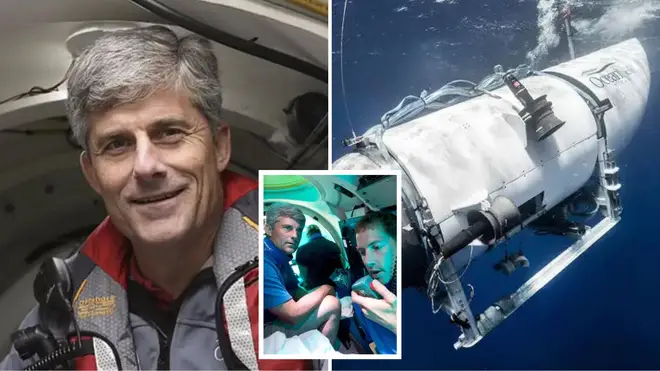
Stockton Rush, the CEO of OceanGate, who died in the fatal dive by the Titan submersible in June, thought he was working "for the good of humanity", his business partner said.
Rush died on the sub alongside the four other men onboard - British billionaire Hamish Harding, 58, experienced Titanic explorer Paul-Henri Nargeolet, 77, businessman Shahzada Dawood, 48, and his 19-year-old son, Suleman Dawood.
The submersible suffered a catastrophic implosion. Safety concerns reported by several people connected to OceanGate emerged since the disaster.
At least some of these concerns were ignored by Mr Rush.
David Lochridge, formerly OceanGate’s director of marine operations, was fired after repeatedly raising concerns about the safety of the Titan sub.
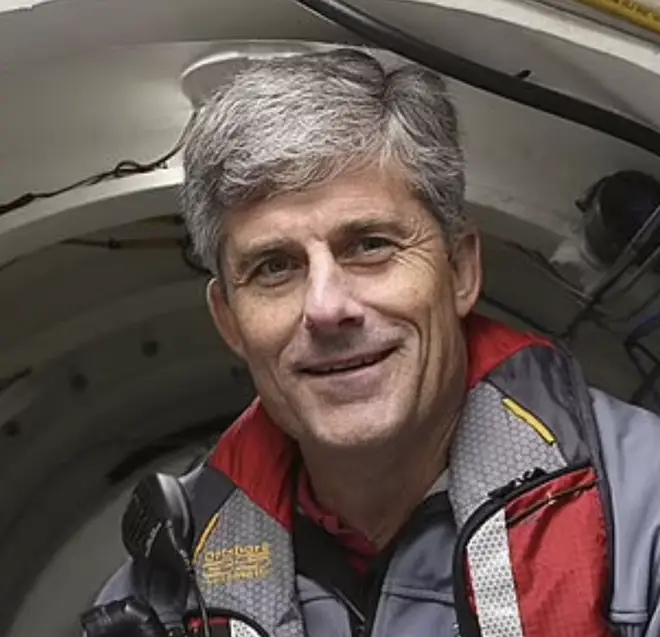
But Rush saw himself "in the same vein as... disruptive innovators" such as Thomas Edison, according to his co-founder, "or any of these guys who just found a way of pushing humanity forward for the good of humanity—not necessarily for himself."
Guillermo Söhnlein told Vanity Fair: "He didn’t need the money. He certainly didn’t need to work and spend hundreds of hours on OceanGate. You know, he was doing this to help humanity. At least that’s what I think was personally driving him."
The co-founder of another Titanic exploration company said other OceanGate staff should embark on "a long period of self-reflection" after the catastrophe.
Rob McCallum of EYOS Expeditions said that Mr Rush "could have been held in check by professional engineers, independent oversight, and a genuine culture of safety.
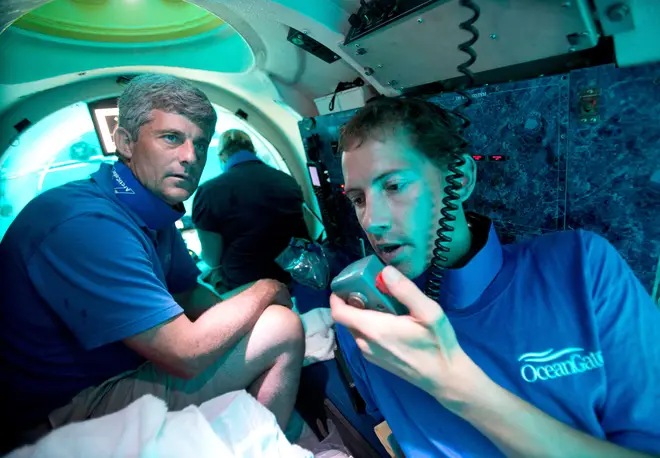
"That he wasn’t will be the subject of much investigation," he added.
"For those within OceanGate that enabled this culture there should be a long period of self-reflection. This tragedy was predicted. It was avoidable. It was inevitable. It must never be allowed to happen again."
Many within the submersible and deep sea exploration community were "really concerned" about Mr Rush and OceanGate years before the disaster.
Terry Kerby, a veteran submersible pilot, warned author Susan Casey that Rush was just basically ignoring all the major engineering rules."
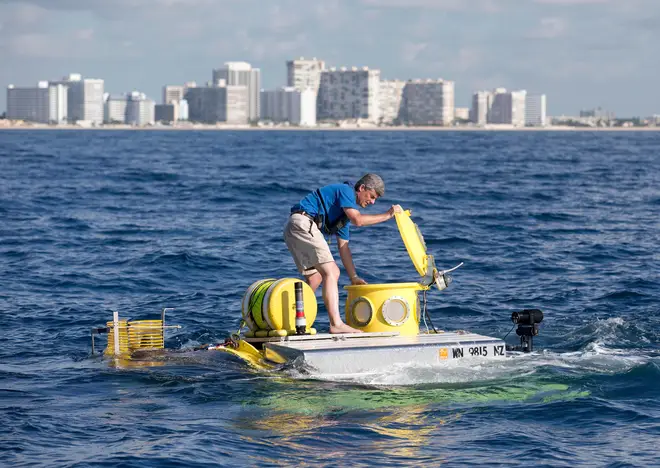
Ms Casey was enquiring about going on an OceanGate trip. But Mr Kerby told her: “Do not get into that sub.
"He is going to have a major accident.”
He added: "You have enough to worry about if you’re exploring volcanoes or shipwrecks without having to worry about whether your submersible is going to survive."
Other engineers warned that the carbon fibre hull was dangerous and not properly tested.
"When it’s compressing it can actually buckle, one said. "Like if you stand on an empty soda can."
Another added: "I wouldn’t get into that thing for any amount of money."
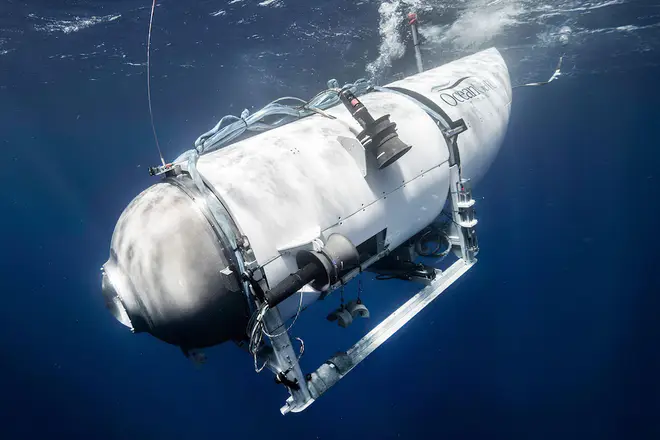
Mr Lochridge wrote in an email before the dive: "I don’t want to be seen as a Tattle tale but I’m so worried he kills himself and others in the quest to boost his ego.
“I would consider myself pretty ballsy when it comes to doing things that are dangerous but that sub is an accident waiting to happen.
"There’s no way on earth you could have paid me to dive the thing."